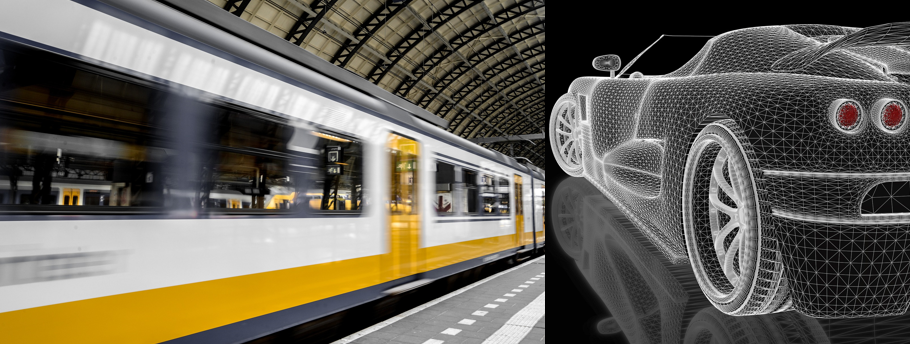

 |

|
| [OPEN] Post doctoral fellowship in Deep Learning, Computational Biology, Epigenomics, Bioinformatics |
 |
POSITION OVERVIEW: This is an interdisciplinary position at the intersection of deep learning and computational biology. The postdoctoral fellow will work on research projects focused on developing innovative machine learning solutions for some of the core problems in epigenomic sequence analysis and regulatory genomics. The fellow will primarily be affiliated with the Department of Electrical and Computer Engineering. The project will be conducted jointly between the Manitoba Learning and Artificial Intelligence Research (MLAIR) lab in the Department of Electrical and Computer Engineering, Davie Lab in the Department of Biochemistry and Medical Genetics along with collaboration partners from University Health Network, Toronto and University of Tokyo, Japan.
|
| [FILLED] Ph.D. position in Deep Learning, Artificial Intelligence, Reinforcement Learning for Transportation Systems |
 |
POSITION OVERVIEW: This Ph.D. position is at the intersection of artificial intelligence, deep learning, and
transportation systems. The Ph.D. student will work on research projects focused on developing
innovative machine learning solutions for optimizing the operations of an electric autonomous
vehicle-based transit system such as inferring trip characteristics, modeling trip choices,
placement of charging stations along with reinforcement learning for optimizing the choice of
system parameters.
|
| [FILLED] Ph.D. position in Deep Learning, Artificial Intelligence for Satellite Imaging and Climate Change |
 |
POSITION OVERVIEW: This is an interdisciplinary position at the intersection of artificial intelligence, deep learning, and climate change. The Ph.D. student will work on research projects focused on developing innovative computer vision, image analytics, artificial intelligence, and deep learning solutions for localization of critical infrastructure in northern Canada from satellite imaging. Using satellite data captured over multiple decades the student would track the localizations over time to estimate the displacement in structures due to melting permafrost. This information will then be used for predicting the effects of melting permafrost in the future.
|
| Disclaimer |
|
This material is presented to ensure timely dissemination of scholarly and technical work. Copyright and all rights therein are retained by authors or by other copyright holders. All person copying this information are expected to adhere to the terms and constraints invoked by each author's copyright. In most cases, these works may not be reposted without the explicit permission of the copyright holder. |